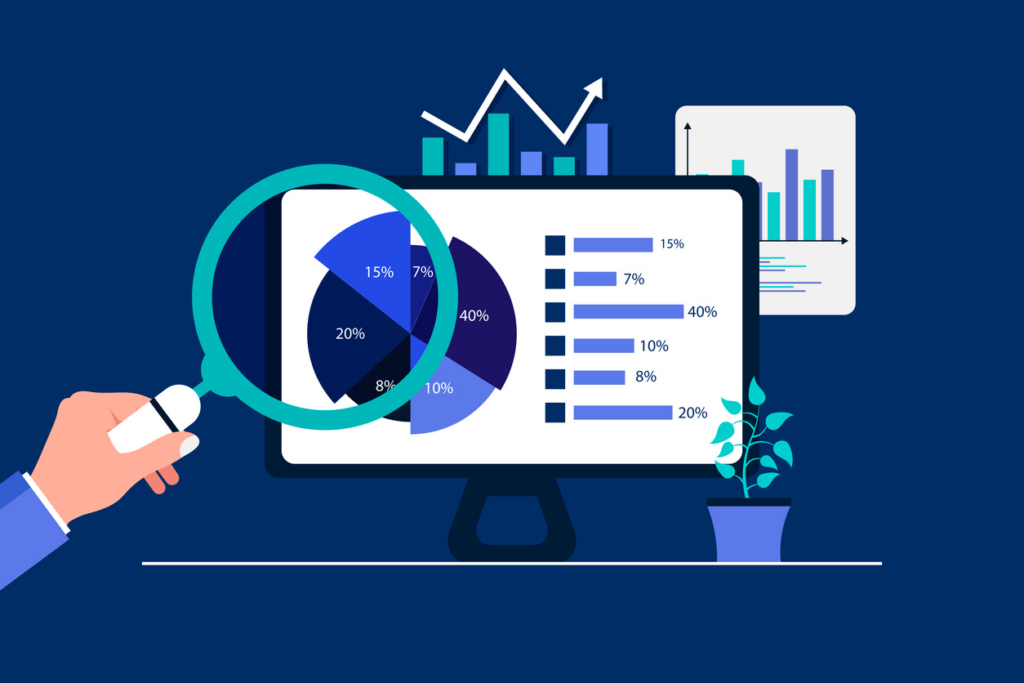Operating a small business can feel like juggling a dozen tasks at once. You’re managing tight margins, daily expenses, and constantly searching for ways to grow the business. On top of that, rising costs and staying competitive make it more important than ever to stretch every dollar. Managing your company’s finances may seem overwhelming, but a budget tracker can be the game changer you need to take control of your business’s cash flow.

Why a Budget Tracker Is Essential for Small Businesses
A budget tracker is more than an expense management tool, it’s your partner in finance. With it, you can see income, spending, and get an overall financial picture of your business in real time.The ability to track business expenses and proactively manage finances means more insight and fewer headaches. In today’s increasingly digital business world, having a real-time view of your finances lets you make quick, data-driven decisions..
Budget tracking software for small businesses not only monitors cashflow but also helps you identify trends, see where you might be overspending, and plan for upcoming expenses – all while remaining focused on your financial goals. It’s like having a compass that helps you navigate the business landscape to make data-driven decisions.
The Benefits of Using a Budget Tracker
So, what’s the real value of using budget tracking software? For starters, it creates real-time financial visibility. A tool like Profit by Paymentus, for example, is an all-in-one solution for recording, analyzing, and tracking finances as well as any expenses or budgets within a given time frame. The fact that you can check your company’s financial health at any time removes guesswork and provides peace of mind.
A budget tracker helps you easily detect signs of excessive spending. Is your marketing budget increasing? Are you spending too much on rental equipment? Are your overall expenses increasing but you find it difficult to pinpoint the cause? A budget tracker allows you to hone in on the business areas responsible and the reasons for overspending.
Budget trackers also help you set financial goals and predict future costs, reducing the risk of overspending. Armed with these insights, you can allocate resources more effectively and avoid financial pitfalls.
Maximizing Your Budget Tracker for Cost Savings
To make the most of your software, consider the following budget tracking tips for businesses:
- Begin with automating recurring payments. This allows you to ensure every necessary payment is made while also avoiding late fees. Automating bills for utilities, rent, or software subscriptions can help reduce costs over the long run and save your business real money.
- Categorize your expenses. For example, break down costs into categories like marketing, operations, and payroll. This helps you understand where your money is going and identify areas for potential cuts or investments.
- Incorporate budget limits. It’s also necessary to initiate budget limits and ensure everyone in the business adheres to them. After categorizing expenses, set limitations that are realistic and won’t have an adverse effect on your business. This requires a bit of discipline, but being diligent in this area will continually pay dividends.
- Review and change budgets as needed. Finally, make a habit of reviewing your budget frequently. Regular reviews will help you keep to your budget and make alterations when necessary. Regular reviews will also help you and your team control urges to overspend.
Many budget tracking tools, like Profit by Paymentus, also integrate with accounting platforms such as QuickBooks, making it easy to sync your financial data in one place.
Avoid Common Budget Tracking Mistakes
Even with these tools, there are common budgeting pitfalls that small businesses owners must keep in mind.
- Not reviewing budget spending regularly. Tools like Profit by Paymentus automatically update budgets as spending occurs making it easy to track progress. Establishing a habit of checking the system regularly will ensure you have the data you need to avoid overspending.
- Overcomplicating the budgeting process. Keep things simple, particularly in the beginning. Budget categories like Payroll, Marketing/ Sales, and Operations are a good starting point. Create additional categories for more specific expenses such as Equipment, Materials/Supplies, and Vehicle Expenses for a a more granular understanding of spending.
- Neglecting to set aside contingency funds. Other costs can arise unexpectedly; the need to repair machinery, a last-minute marketing push, or an order that requires the immediate purchase of raw materials. Setting aside funds for unexpected expenses will help you keep your business financially on track.
Why Budget Trackers Are Essential for Long-Term Success
In the long run, a budget tracker is vital to managing your overall financial strategy. It helps to monitor cash flow, justify expenditures, and cut down on unnecessary costs.
Whether you’re a newly minted business owner or a seasoned pro, now is a great time to identify the best budget tracker for business. It’s a small investment that can pay significant returns and set your business on the path of effective spend management.
Ready to take control of your finances? Contact Profit by Paymentus to see how software can help streamline your financial management and keep you on the path to success.